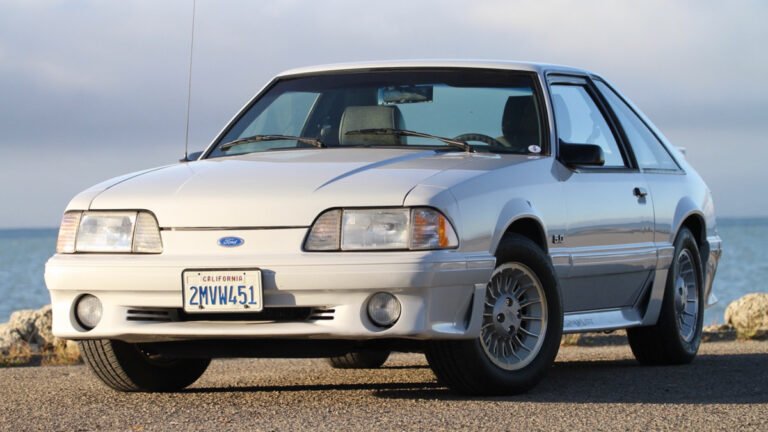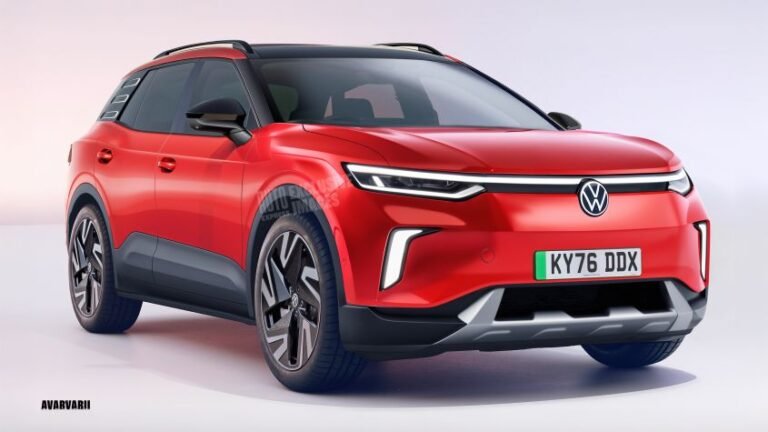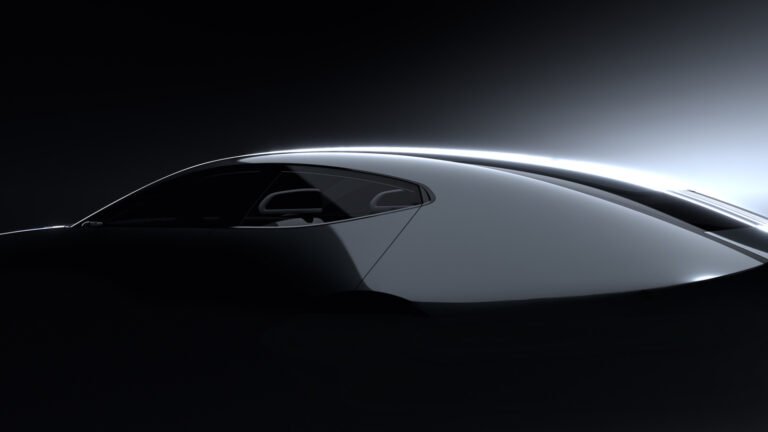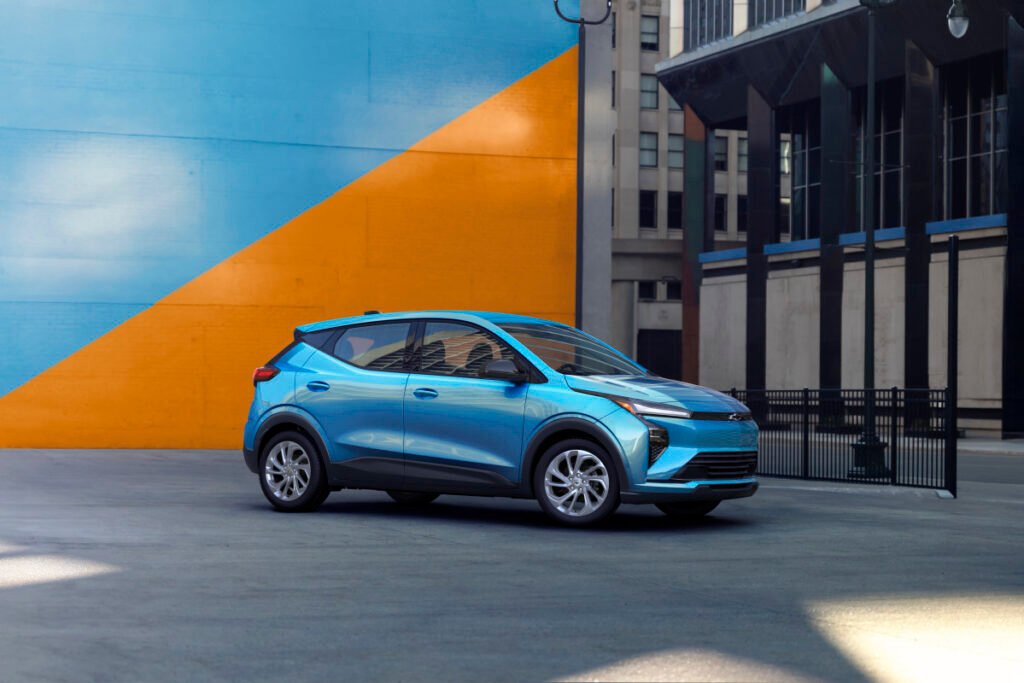
General Motors’ revised EV plans are going to cost them big time
According to a new report published by Bloomberg, General Motors has encountered a significant financial hiccup ahead of reporting its third-quarter financial results later this month. The financial news outlet reports that the automaker behind brands like Chevrolet, Cadillac, Buick, and GMC has taken a $1.6 billion hit in charges related to scaling back its electric vehicle production plans under the Trump administration.
The charges highlight the burden that the loss of federal support for EV production has on the sector. These included the former $7,500 EV Tax Credit subsidies as well as federal grants awarded by the prior administration to support domestic production of EV components, batteries, and completed vehicles.
In a regulatory filing with the Securities and Exchange Commission (SEC) dated October 14, the automaker reported that non-cash impairment and other charges totaling $1.2 billion were directly related to its adjustments to EV capacity, while the rest of the charges were related to canceling or settling its EV-related contracts and commercial arrangements.
General Motors
GM isn’t expecting an EV boom anytime soon
In the months since Inauguration Day, automakers have been rethinking their strategies and investments regarding EVs as the Trump Administration’s policies took effect. At the end of last month, the administration eliminated the $7,500 EV tax credits, while the EPA has moved forward to effectively negate fuel economy and emissions standards.
In its regulatory filing with the SEC, General Motors officials painted a bleak picture regarding the electric vehicle market. It predicts that consumers will put any ideas of buying EVs to the wayside in favor of other choices.
Chevrolet
“General Motors Company […] made significant investments and contractual commitments in the development of electric vehicles (EVs) to help the Company’s vehicle fleet comply with emissions and fuel economy regulations that were scheduled to become increasingly stringent,” it said in the filing. “Following recent U.S. Government policy changes, including the termination of certain consumer tax incentives for EV purchases and the reduction in the stringency of emissions regulations, we expect the adoption rate of EVs to slow.”
In addition to its prediction, the Detroit-headquartered firm warned that the realignment of its EV plans is ongoing and that it expects more charges like the one that it took today in the future. “The reassessment of our EV capacity and manufacturing footprint, including our investments in our battery component manufacturing, is ongoing, and it is reasonably possible that we will recognize additional future material cash and non-cash charges that may adversely affect our results of operations and cash flows in the period in which they are recognized,” it said.
Cadillac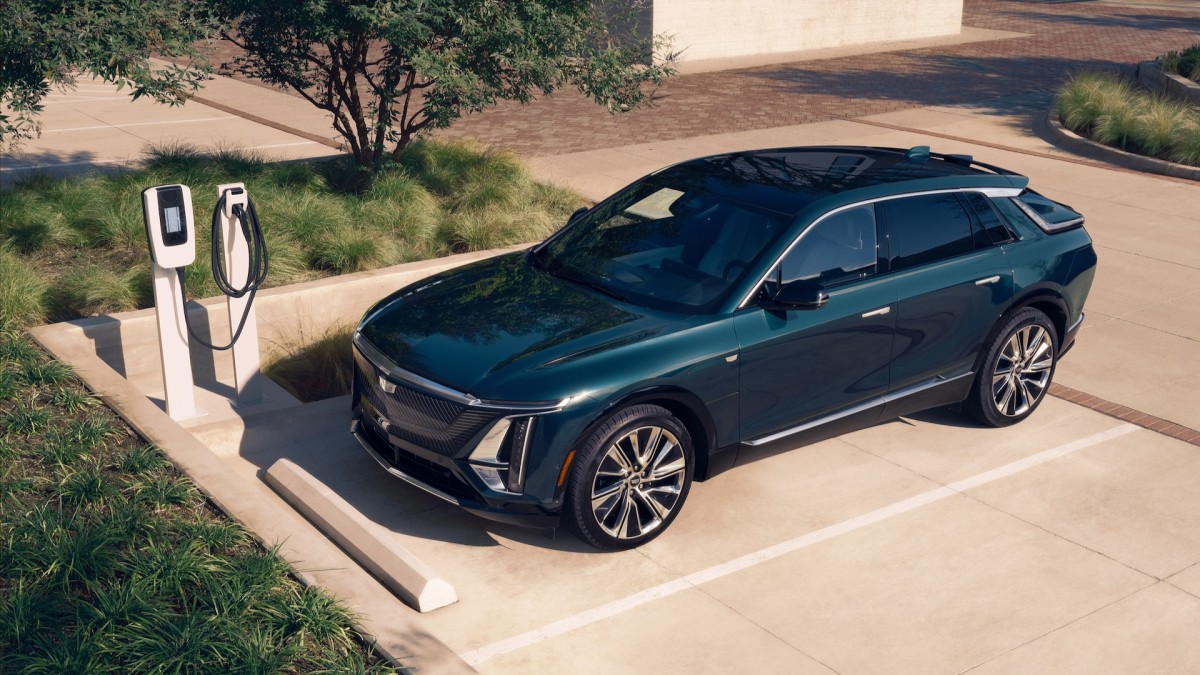
GM is still betting hard on cheaper EVs
The disclosures in the SEC filing come on the heels of announced EV production slowdowns for popular models. Last month, General Motors announced that it would begin downtime in December at the Tennessee factory where it builds the Cadillac Lyriq and Vistiq EVs, ultimately reducing output to just one shift from January through May. In a statement at the time, the automaker said it expected EV sales to fall following the loss of the Federal EV Tax Credit subsidy.
“General Motors is making strategic production adjustments in alignment with expected slower EV industry growth and customer demand,” the company said.
However, General Motors is still moving on with plans to introduce cheaper electric vehicles into its lineup. On October 10, it unveiled the Chevrolet Bolt, a revised version of the popular model that will start at $29,990 when deliveries begin early next year. Despite the company’s plans to begin production on a reduced one-shift schedule in December, Global Chevrolet VP Scott Bell stated that the return of the Bolt was one triggered by its loyal customer base, which it links to the pint-sized EV’s “price, versatility, and practicality.”
GM
“After production ended, we heard our customers’ feedback and their love for this product,” Bell said. “So the Bolt is coming back—by popular demand and better than ever—for a limited time. This is a celebration of what Bolt means to our customers and to Chevrolet. It’s your chance to own a popular EV that’s affordable.”
Final thoughts
Although US sales at GM during the third quarter of 2025 rose by 8% and were fueled by electric vehicle sales that exceeded 66,000 cars and trucks, the outlook for EVs isn’t too bright in the CEO’s eyes, given the loss of the $7,500 EV tax credit on September 30.
As a result, industry leaders like Ford CEO Jim Farley have painted a darker picture for the future of electric vehicles in the United States. During remarks at a company event in Detroit, he said that he “wouldn’t be surprised” if the market share of EVs in the United States fell to 5%. However, given that lower-priced EVs like the upcoming Chevy Bolt are in the pipeline, it is unknown how the EV market will unfold in the “post-federal credits era.” As I have said before, it will be an interesting time not just for EVs, but for the entire automotive industry.

